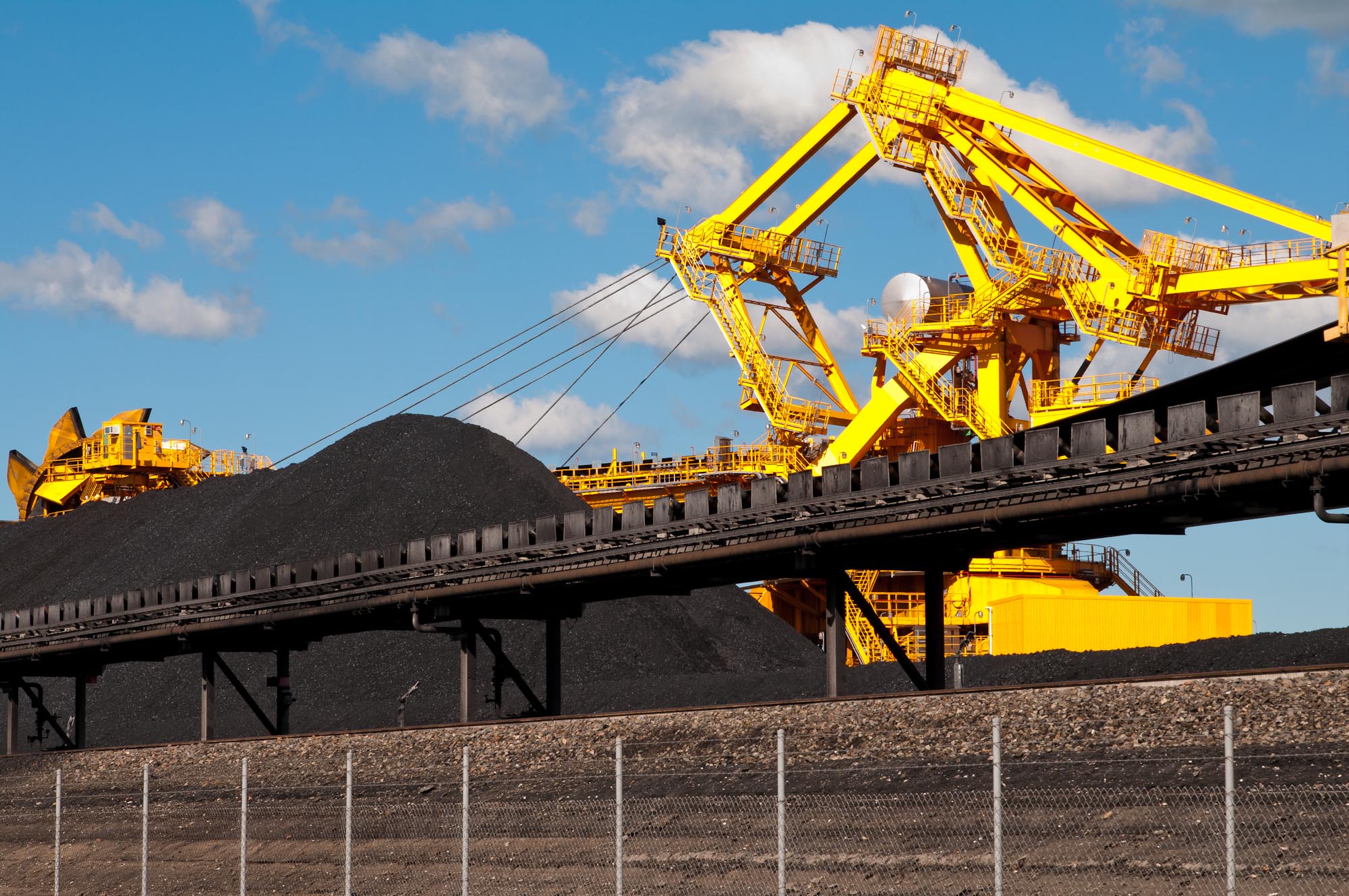Six months ago, Prime Minister Kishida vowed that Japan would ban Russian coal imports, aligning the nation with G7 allies in sanctions over the war in Ukraine. Actually following through with the order, however, is proving complicated.
Japan’s purchases of Russian coal are down almost 40% since April. While imports fell significantly in the months after Kishida’s statement, volumes increased in summer. By August, Russian coal imports recovered to more than two-thirds of the level a year earlier.
As western allies seek to disengage from Russian energy, the realities of doing so are hitting hard. The global coal market is in an extreme flux. Prices have jumped to unbelievable records, and that hasn’t even dampened demand as nations including Japan look to coal to guarantee power and heating this winter amid natural gas shortages.
While Russia boosts energy sales to China and India, though at discounted prices, the leverage of G7 allies is diminishing. Japanese utilities have certainly engaged with providers elsewhere to potentially replace Russian coal volumes, but logistics and coal grades are not easily interchangeable. So, can Japan make good on Kishida’s pledge?

